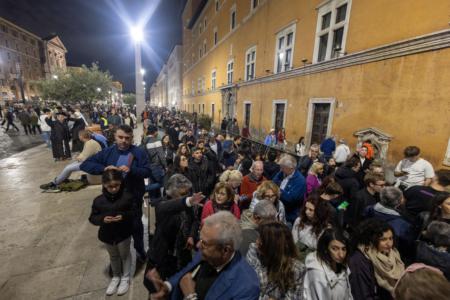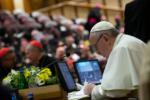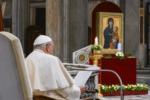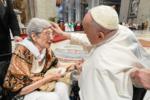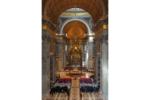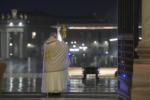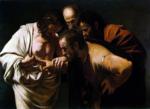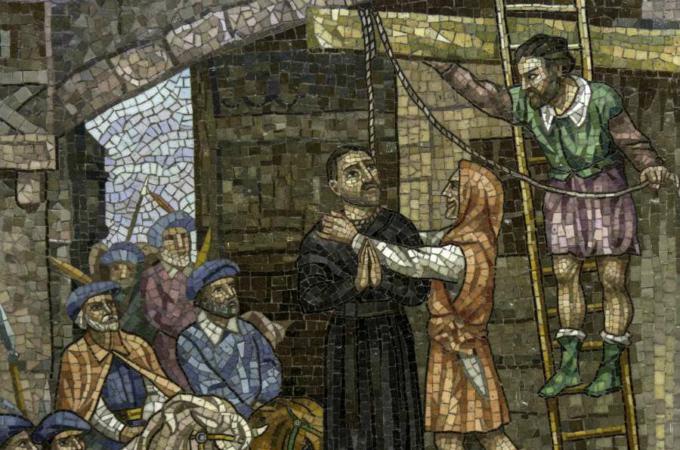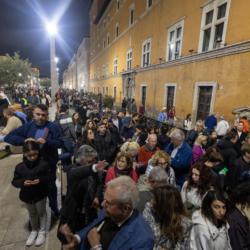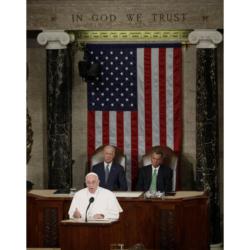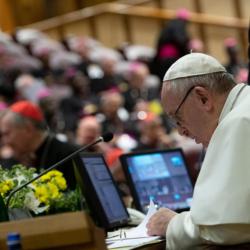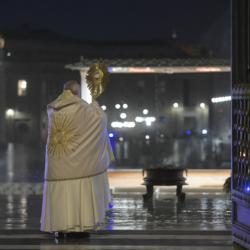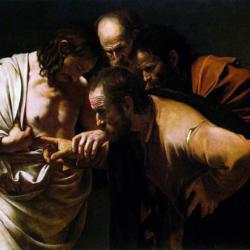Why Catholics in Scotland want a statue for a martyred priest
Glasgow, Scotland, Mar 23, 2017 CNA/EWTN News.- Four centuries after the martyrdom of St. John Ogilvie, Catholics in Scotland have launched a campaign to mark the place in Glasgow’s city center where he was executed for preaching the Catholic faith.
The Order of the Knights of St. Columba, a U.K.-based Catholic fraternal organization, is backing the effort, the Scottish Catholic Observer reports.
“There should be something,” said the order’s Supreme Knight Charlie McCluskey. “He’s the only Scottish martyr and there’s not even a plaque. Whether you are Catholic, Protestant, whatever, this was an historic event in the history of the city that should be marked.”
John Ogilvie was born in 1579 to a family of Scottish nobles in Banffshire. Raised a Calvinist, he converted to Catholicism in 1596 while at Louvain, Belgium, after being educated at Catholic institutions. He later joined the Society of Jesus and was ordained a priest in Paris in 1610. He requested he be sent back to Scotland, which had become deeply hostile to the Catholic faith.
He was betrayed by someone who posed as a Catholic, and was then imprisoned for treason. He faced torture by officials who sought the names of other Catholics, facing sleep deprivation and needles pushed under his fingernails.
The torture did not succeed. St. John Ogilvie did not betray the faithful, and he was sentenced to death. He was hanged at Glasgow Cross on March 10, 1615, which later became his feast day.
Pius XI beatified him in 1929, and he was canonized by Blessed Paul VI in 1976. He is the only post-Reformation Scottish saint to have been canonized.
McCluskey has suggested the saint be honored with a statue in an alcove on the Mercat Building, owned by Glasgow City Council, which overlooks the Glasgow Cross.
Archbishop Philip Tartaglia of Glasgow spoke of the saint in his March 10 homily, Scotland’s Sunday Herald reports.
“He died here in our city. He is an honorary Glaswegian. He belongs to Glasgow. And above all, his blood was shed for Christ here in Glasgow,” he said.
The archbishop noted the national shrine to the saint at St. Aloysius Church and a famous painting of him in Glasgow’s St. Andrew’s Cathedral.
Archbishop Tartaglia said the saint’s example is important at a time when Catholics face “more subtle forms of restricting religious freedom.”
The Knights of St. Columba have made tentative inquiries to the Glasgow city council and reported finding no significant objections to the proposal. It aims to proceed if there is sufficient public support.
One of the campaigners to recognize the saint is John Patrick Mallon, who heads the Sancta Familia Media group based at Holy Family Church in Mossend in the Diocese of Motherwell. His group made a short film about the saint at the site of his martyrdom at Glasgow Cross.
“I was just really surprised there was nothing to mark it, not even a cross,” Mallon said. The social media campaign had “an amazing response” drawing the interest of hundreds of people.
The saint’s martyrdom inspired the transformation of the Pontifical Scots College into a seminary in 1616. Pope Francis discussed the saint in an April 14, 2016 address to students of the college.
“The martyrdom of St. John Ogilvie, which was meant to silence the Catholic faith, instead was an impetus for its promotion and for defending the Church’s freedom to remain in communion with the See of Peter,” he said.
“We too are living in a time of martyrdom, and in the midst of a culture so often hostile to the Gospel,” the Roman Pontiff continued. “I urge you to have that same selfless spirit as your predecessors did. Love Jesus above all things!”
